Renewable Energy
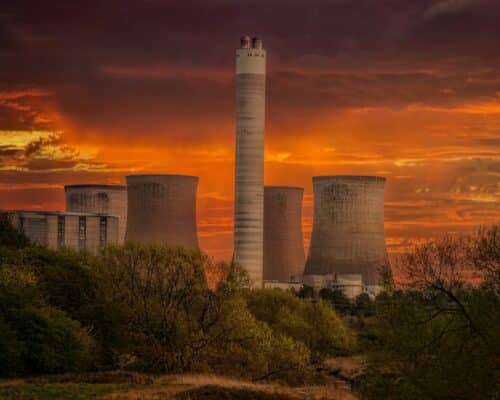
Japanese Banks Pour Billions Into Fossil Fuel Industry
Analysts warn that the continued fossil fuel support from the Japanese financial industry, showcased by the actions of various banks, insurance companies, asset owners and asset managers, is enabled by loose policies or loopholes. Fixing them is critical for addressing the climate crisis.
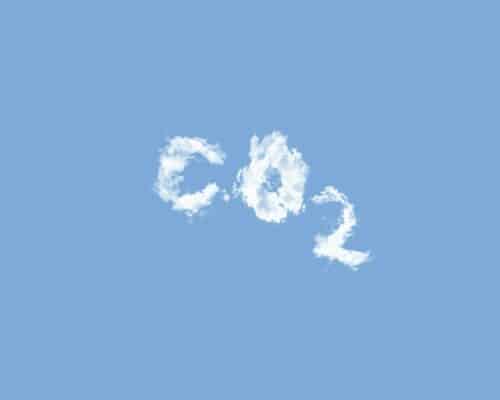
Carbon Capture vs Renewable Energy
The economic and decarbonisation deficiencies, combined with the health and environmental risks, cement CCUS's role as a complementary technology, mainly in hard-to-abate sectors, not a wildcard to perpetuate fossil fuel use.

South Korea’s Energy Mix: Prominent Role of Fossil Fuels
The IEEFA warns that South Korea’s misplaced faith in fossil fuels could create a vicious cycle of spiralling energy costs, derailed decarbonisation progress and loss of opportunities as investors back the transition to renewable energy.
Future of Renewable Energy in the World: Massive Growth Expected
IEA notes that almost all new clean energy capacity added in 2023 had lower generation costs than new coal and gas plants, and 75% of new solar and wind plants offered cheaper power than existing fossil fuel facilities.
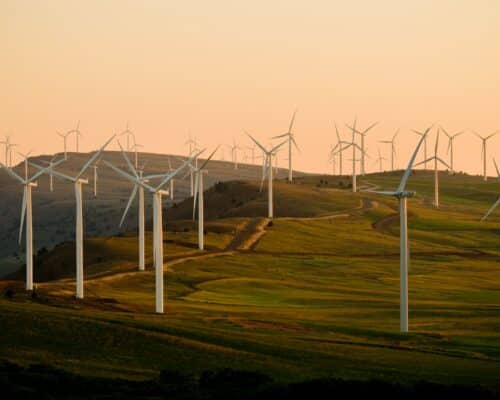
Renewable Energy Growth and Plunging Costs Make the COP28 Target Possible
While the world remains off track in reducing fossil fuel emissions and limiting temperature rise to 1.5°C, the momentum behind renewable energy technologies is aiding the shift towards a cleaner and more sustainable energy system.
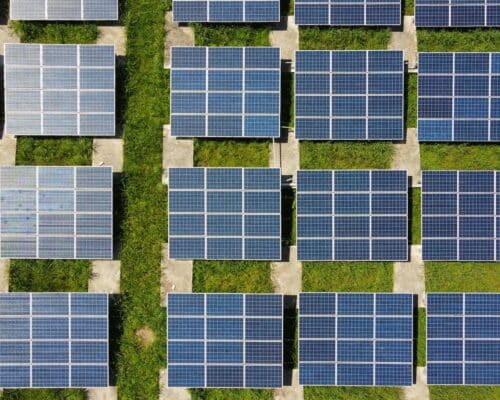
COP28 Targets Tripling Global Renewable Energy Capacity
COP28 is underway, and the target to triple renewable energy capacity by 2030 is the main headline. For the plans not to end up as another empty promise, global leaders should work to establish the needed regulations, investments, mechanisms for equal distribution and adequate progress monitoring processes.
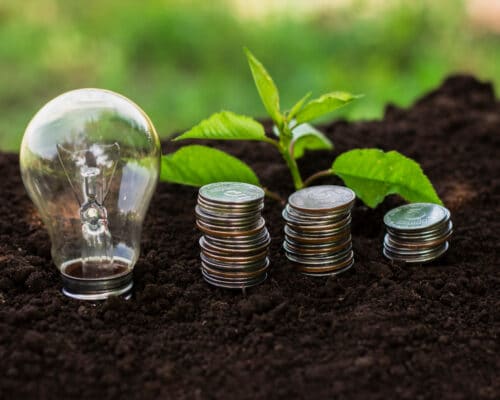
Clean Coal vs Renewables: Economic Costs and Gains For Southeast Asia
Despite the subsidies and industry support, Japan’s proposed technologies are struggling to prove promising even at home. Yet, it aims to export them to countries with much more fragile economies and significant challenges. Crunching the numbers reveals that Southeast Asia has a lot to gain if its pursues renewables instead.
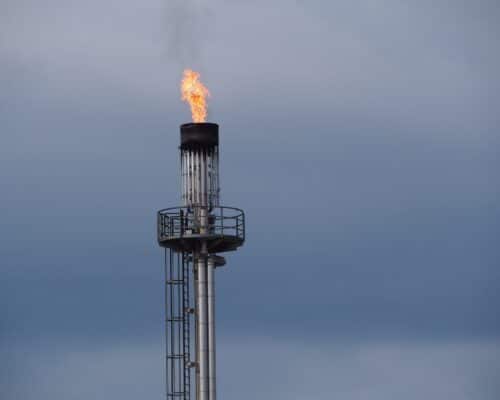
The IEA’s World Energy Outlook 2023: Global and Asian Gas Demand to Peak by 2030
The International Energy Agency (IEA) reports that while clean energy adoption is accelerating rapidly, current policies will still push global warming to 2.4°C, far beyond the Paris Agreement's target. Global leaders must make COP28 count by pledging to achieve the IEA's five pillars for getting back on track.
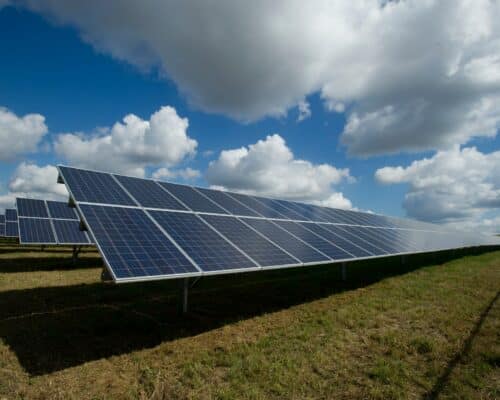
Southeast Asia Prefers Renewables, But Misplaced Fears of High Costs Delay Adoption
Southeast Asia has immense clean energy potential, and experts estimate that capitalising on it will unlock massive gains. With renewables being the cheapest source of new power in countries comprising two-thirds of the global population and responsible for 90% of electricity generation, switching to renewables will help Southeast Asian countries ease the burden of fossil fuel subsidies on their economies.

IEA: Urgent and Joint Action Needed To Keep the 1.5°C Target Alive
The IEA's latest report is clear: global leaders either take urgent and collective action now or miss the 1.5°C target.
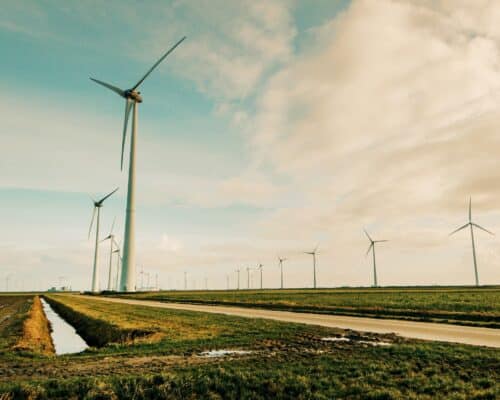
Breakthrough Agenda 2023: Cooperation Key to Advancing Clean Technologies
The clean energy transition is advancing but not at a pace adequate for a net-zero scenario. The Breakthrough Agenda Report 2023 recommends governments strengthen collaboration and ease regulatory burdens to accelerate clean technology deployment.
The Philippines’ Choice: Going Clean or Going With SMC
The Philippines has immense clean energy potential and has already witnessed the benefits of tapping into it. Whether the government continues in this direction will reveal if its priorities lay with the corporations or the public interest.
Renewable Energy Investing Needs in 2023
The clean energy transition needs private capital that works in concert with favourable policies, regulations, decarbonisation goals and green capital market development.
Oil Market Forecast 2023: Oil To Peak and Renewables To Accelerate
While the oil market for combustion purposes is likely to peak by 2028, according to the IEA, the Asia-Pacific region will continue to push global oil demand. But, with oil demand declining, will developing Asia continue to lock itself into a carbon-intensive future?
Most Popular
Categories
-
10
-
35
-
126
-
4
-
17
-
46
-
52
-
11
-
10
-
15
-
24
-
6
-
1
-
5
-
6
-
284
-
200
-
17
-
24
-
1
-
1
-
23
-
41
-
44
-
88
-
18
-
86
-
41
-
17
-
11
-
43
-
54
-
86
-
299
-
22
-
44
-
36
-
11
-
42
-
36

